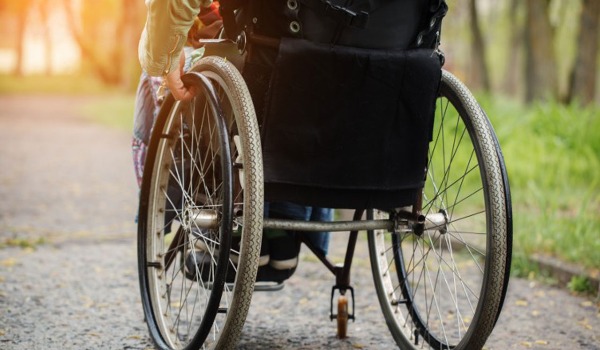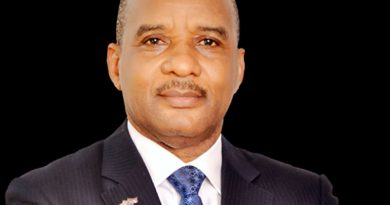Stakeholders call for inclusion of PWDs in policy formulation, governance, decision making in A’Ibom
Stakeholders in Akwa Ibom have called for the inclusion of persons with disabilities in governance and decision-making in the state.
They made this called during a four-day training programme organized by the United State Agency for International Development (USAID) in partnership with the Akwa Ibom state government on sensitivity and awareness training for representatives of MDAs, CSOs, as well as traditional and religious leaders in the Eket council area in Akwa Ibom state.
The stakeholders explained that persons with disabilities must participate in taking decisions that affect them at every stage of the project cycle adding that, the essence of the training was to help the State to State project team develop the knowledge, skills and attitudes necessary to ensure the effectiveness of the initiative to address impending needs.
According to them, persons with disabilities have the right and capacity to contribute to the decisions affecting them.
In his remark, Mr Friday Jacob, a stakeholder in the State Ministry of Information and Strategy, frowned at the attitude of some Nigerians towards persons living with disability, noting that, they are most discriminated against.
“I have observed that persons with disabilities have been marginalized, stigmatised and discriminated against in the past in society. They have been seeing them as people from the other world but with this training, I have considered them as part of me”.
Jacob called on the public not to sideline or marginalise persons with disabilities. They should consider them as normal people in society, adding that, they should always assist them whenever the need arises.
He also advised those with disabilities not to see themselves as downtrodden or persons who have been sidelined in society.
Also speaking, Miss Joy Ubong, a programme officer at Family Centre Initiative for challenge persons appealed to society not to pity or sympathise with persons with disabilities but should evolve programmes and initiatives that would integrate them.
“The training has made us to be sensitive to the concerns of persons with disabilities”‘, she said
Ubong called on society to make programmes , and policies that it integrates or bring together persons with disabilities.
“It shows that together we can do it better, there is no ability that has no disability,” she said.
The training was an immediate response to the knowledge gap on social inclusion of PWDs in governance reforms, policy development, fiscal planning, project design and stakeholders-participants to transfer the skills learned to members of their respective parastatals, organisation or communities within eight working days.




